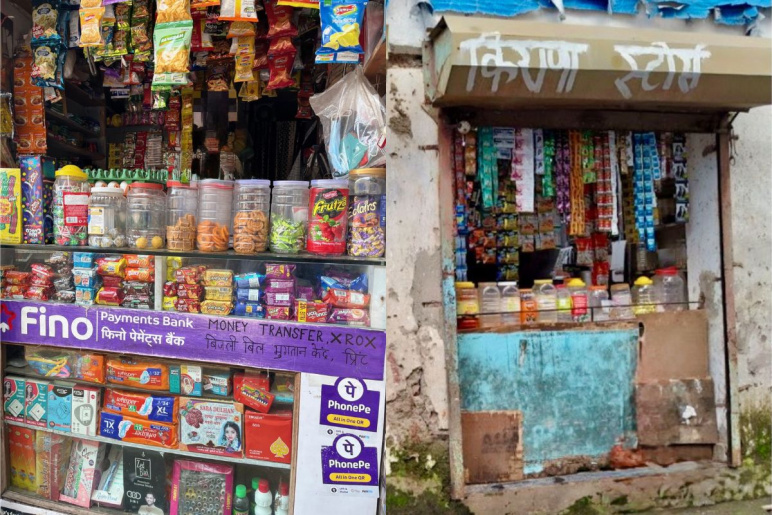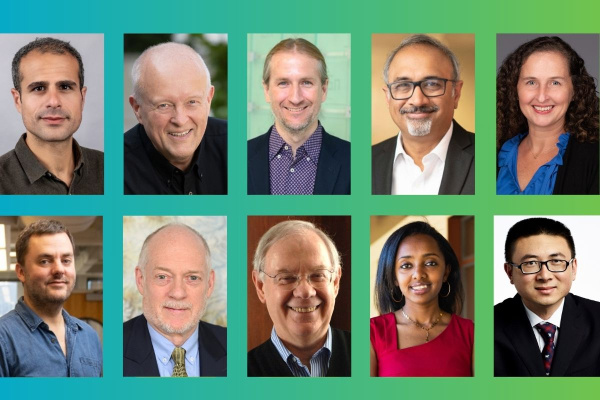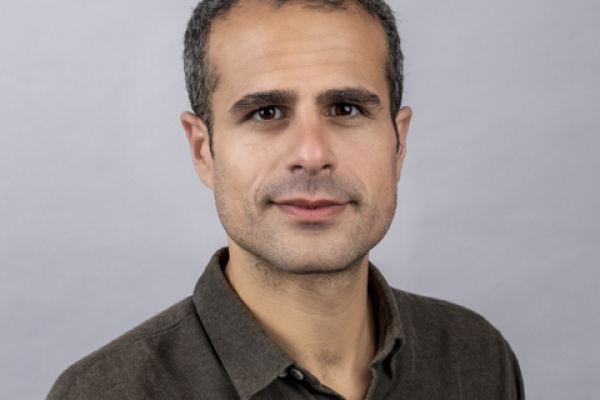Our Research Optimal subsidy design: Application to food assistance programs

Partner micro-grocery stores in Mumbai, India, where food transaction data are tracked.
Principal Investigator
Ali Aouad
- Assistant Professor
- MIT Sloan School of Management
Ali Aouad is an assistant professor of operations management at the MIT Sloan School of Management. His academic work focuses on algorithms and decision processes with applications covering supply and demand management, market design and digital platforms, and public sector operations.
Aouad is an associate editor for Operations Research and Management Science. Before MIT, he was an associate professor at the London Business School (LBS). He holds a PhD in operations research from MIT and an MS and BS in applied mathematics from Ecole Polytechnique (Paris).
Challenge:
How can we design and optimize food subsidy programs—comprising cash and in-kind components—for a given policy objective, such as maximizing nutrients delivered to a target population? Can we estimate subsidy take-up from limited field data?
Research Strategy
- Develop a computational model for optimizing food subsidies, composed of in-kind and cash transfers
- Devise a generalizable data collection process to calibrate our model and predict subsidy take-up
- Conduct a pilot field experiment to evaluate newly identified subsidy designs and compare them to standard benchmarks
Project description
Food insecurity remains a major global challenge, especially in low- and middle-income countries where underserved communities often lack access to healthy, affordable food. Governments and organizations provide food-based safety net programs, such as subsidies for essential goods or cash transfers. However, these programs do not always reflect what recipients need or want, which can reduce their effectiveness and take-up.
This project aims to enhance food subsidies by developing an approach that matches the design of the food assistance program with the population's preferences and with policy objectives. Using experimental evidence from Mumbai, India, the team will develop a model to predict the take-up of different types of subsidies by eligible beneficiaries. They will optimize the combination of kind and cash support under various objectives, such as delivering critical nutrients, increasing subsidy take-up, or reducing environmental impact. The project will also explore using AI tools to enhance data collection and refine the model calibration from limited field data. Ultimately, this 'precision food subsidy' methodology will be tested in a pilot field experiment to evaluate new subsidy designs.
The MIT research team will work with outside collaborators, including: Zhicong Hu of INSEAD, Prof. Kamalini Ramdas of the London Business School, and Dr. Alp Sungu of the Wharton School.
News
Additional Details
Impact Areas
- Food
Research Themes
- Economics, Policy, & Practices
- Modeling & Data Analytics
Year Funded
- 2025
Grant Type
- Seed Grant
Status
- Ongoing


